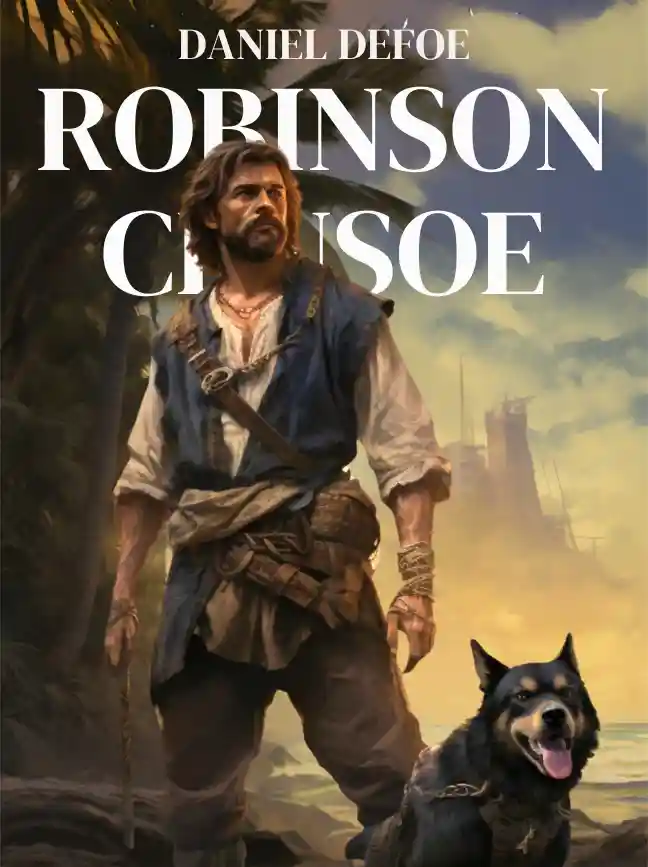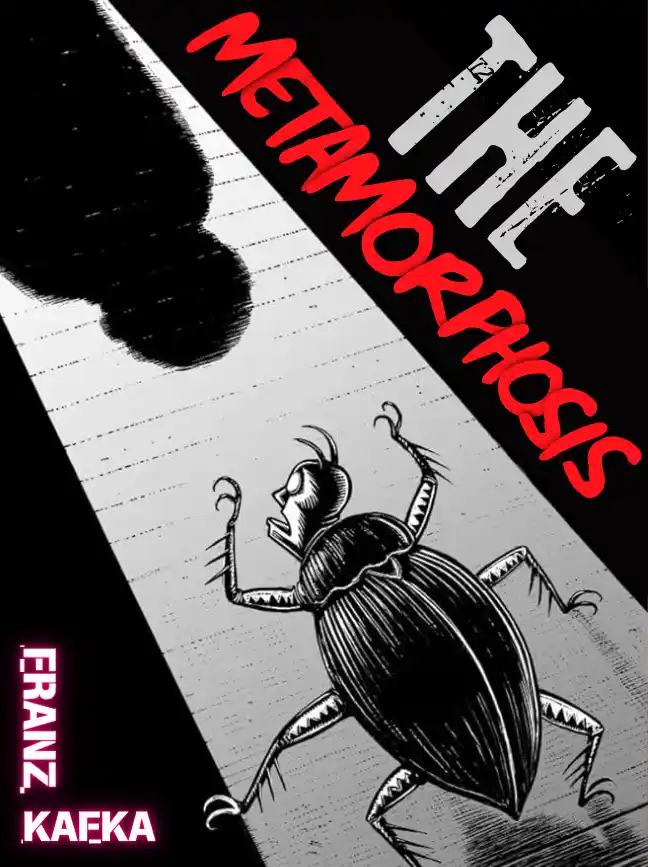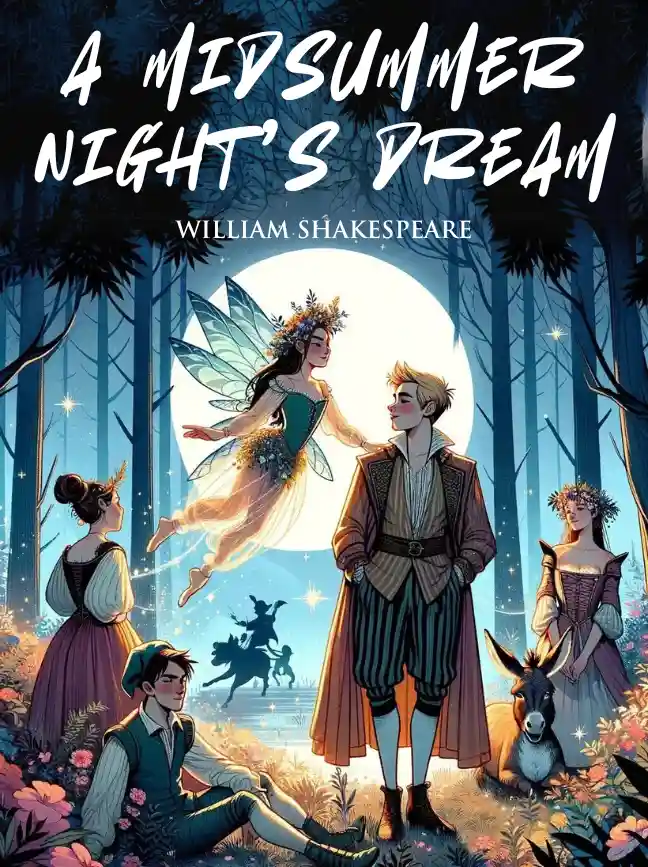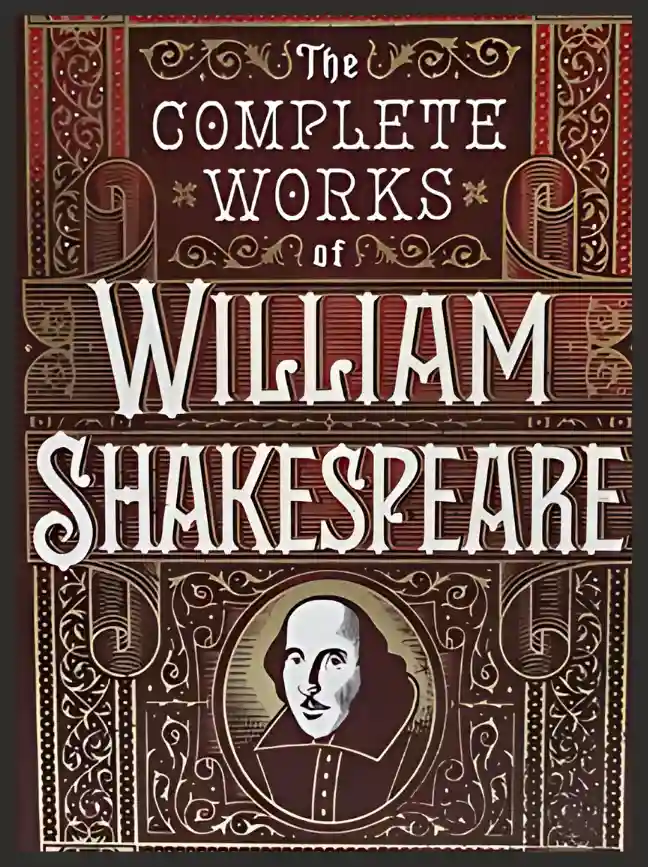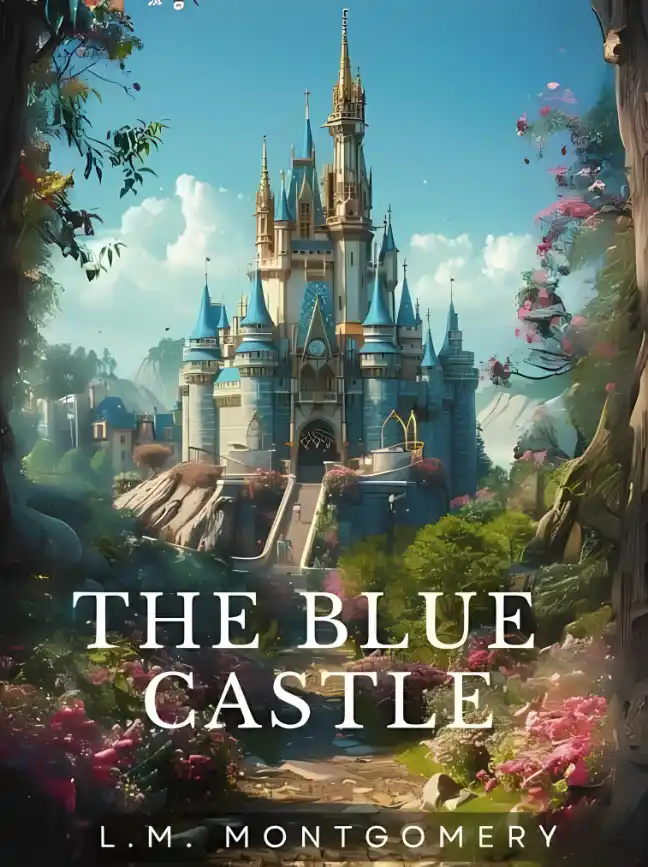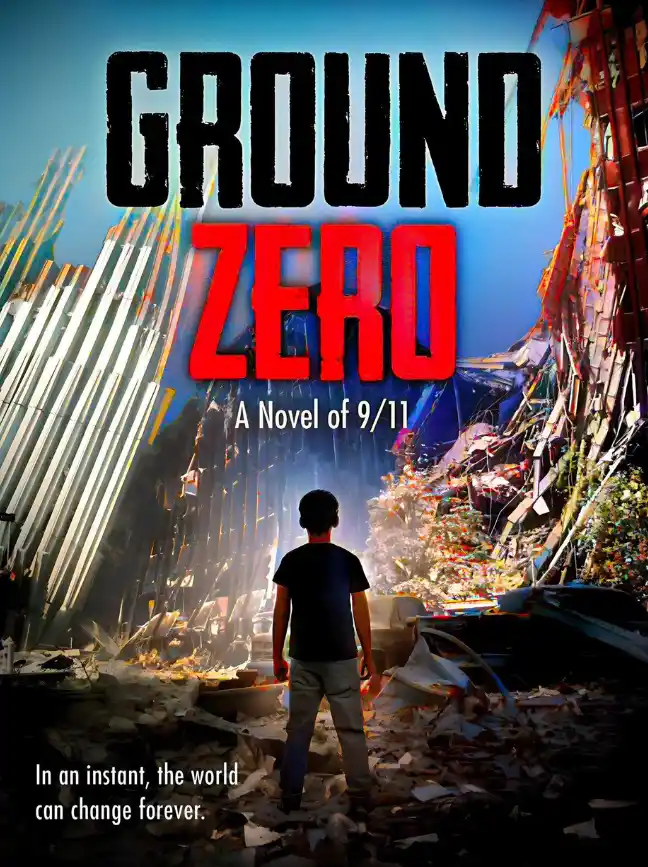1960
One day during the reading summer when she motored to Jumpin’s, he said, “Now, Miss Kya, there’s sump’m else.
Some men been pokin’ ’round, askin’ ’bout ya.”
She looked right at him instead of off to the side. “Who, what d’they want?”
“I b’lieve they’re from the Sochul Services. They askin’ all kinds of questions. Is yo’ pa still ’round, where ya ma is, if ya goin’ to school this fall. An when ya come here; they ’specially wanta know what times ya come here.”
“What’d you tell ’em, Jumpin’?”
“Well, I done ma best to put ’em off ya. Told ’em ya pa just fine, out fishin’s all.” He laughed, threw his head back. “Then I told ’em I neva know when ya boat in here. Now, don’t ya worry none, Miss Kya. Jumpin’ll send ’em on a snipe hunt if they come again.”
“Thank ya.” After filling her tank, Kya headed straight home. She’d have to be on guard more now, maybe find a place in the marsh where she could hide out some until they gave up on her.
Late that afternoon, as Tate pulled up to the shore, the hull crunching softly on sand, she said, “Can we meet somewheres else, ’sides here?”
“Hey, Kya, good to see you.” Tate greeted her, still sitting at the tiller.
“What d’ya think?”
“It’s besides, not ’sides, and it’s polite to greet people before asking a favor.”
“You say ’sides sometimes,” she said, almost smiling.
“Yeah, we all got magnolia mouth, being from the North Carolina sticks, but we have to try.”
“Good afternoon, Mr. Tate,” she said, making a little curtsy. He caught a glimpse of the spunk and sass somewhere inside. “Now, can we meet somewhere besides here? Please.”
“Sure, I guess, but why?”
“Jumpin’ said the Social Services are lookin’ for me. I’m scared they’ll pull me in like a trout, put me in a foster home or sump’m.”
“Well, we better hide way out there where the crawdads sing. I pity any foster parents who take you on.” Tate’s whole face smiled.
“What d’ya mean, where the crawdads sing? Ma used to say that.” Kya remembered Ma always encouraging her to explore the marsh: “Go as far as you can—way out yonder where the crawdads sing.”
“Just means far in the bush where critters are wild, still behaving like critters. Now, you got any ideas where we can meet?”
“There’s a place I found one time, an old fallin’-down cabin. Once you know the turnoff, ya can get there by boat; I can walk there from here.”
“Okay then, get in. Show me this time; next time we’ll meet there.”
“If I’m out there I’ll leave a little pile of rocks right here by the tyin’-up log.” Kya pointed to a spot on the lagoon beach. “Otherwise, I’m ’round here somewhere and will come out when I hear yo’ motor.”
They puttered slowly through the marsh, then planed off south through open sea, away from town. She bounced along in the bow, wind-tears streaming across her cheeks and tickling cool in her ears. When they reached a small cove, she guided him up a narrow freshwater creek hung low with brambles. Several times the creek seemed to peter out, but Kya motioned that it was okay to go on, and they crashed through more brush.
Finally they broke into a wide meadow where the stream ran by an old one-room log cabin, collapsed on one end. The logs had buckled, some lying around the ground like pick-up sticks. The roof, still sitting on the half wall, sloped down from high end to
low like a lopsided hat. Tate pulled the boat up onto the mud and they silently walked to the open door.
Inside was dark and reeked of rat urine. “Well, I hope you don’t plan on living here—the whole thing could collapse on your head.” Tate pushed at the wall. It seemed sturdy enough.
“It’s just a hideout. I can stash some food ’case I have to go on the run awhile.”
Tate turned and looked at her as their eyes adjusted to the dark. “Kya, you ever thought of just going back to school? It wouldn’t
kill you, and they might leave you alone if you did.”
“They must’ve figured out I’m alone, and if I go, they’ll grab me, put me in a home. Anyway, I’m too old for school now. Where would they put me, first grade?” Her eyes widened at the notion of sitting in a tiny chair, surrounded by little kids who could pronounce words, count to fifty.
“What, so you plan to live alone in the marsh forever?”
“Better than going to a foster home. Pa used to say he’d farm us out to one if we were bad. Told us they’re mean.”
“No, they’re not. Not always. Most of them are nice people who like kids,” he said.
“You sayin’ you’d go to a foster home ’fore you’d live in the marsh?” she asked, chin jutted out, hand on her hip.
He was silent a minute. “Well, bring some blankets out, matches in case it gets cold. Maybe some tins of sardines. They last forever. But don’t keep fresh food; it’ll bring the bears in.”
“I ain’t scared of bears.” “I’m not scared of bears.”
• • •
FOR THE REST of the summer Kya and Tate did the reading lessons at the tumbledown cabin. By mid-August they had read through A Sand County Almanac, and although she couldn’t read every word, she got most of it. Aldo Leopold taught her that floodplains are living extensions of the rivers, which will claim them back any time they choose. Anyone living on a floodplain is just waiting in the river’s wings. She learned where the geese go in winter, and the meaning of their music. His soft words, sounding almost like
poetry, taught her that soil is packed with life and one of the most precious riches on Earth; that draining wetlands dries the land for miles beyond, killing plants and animals along with the water.
Some of the seeds lie dormant in the desiccated earth for decades, waiting, and when the water finally comes home again, they burst through the soil, unfolding their faces. Wonders and real-life knowledge she would’ve never learned in school. Truths everyone should know, yet somehow, even though they lay exposed all around, seemed to lie in secret like the seeds.
They met at the log cabin several times a week, but she slept most nights in her shack or on the beach with the gulls. She had to collect firewood before winter, so made a mission of it, toting loads from near and far and stacking them somewhat neatly between two pines. The turnips in her garden barely poked their heads above the goldenrod; still she had more vegetables than she and the deer could eat. She harvested the last of the late-summer crop and stored the squash and beets in the cool shade of the brick-’n’-board steps.
But all the while, she kept her ears out for the lugging sounds of an automobile, filled with men come to take her away. Sometimes the listening was tiresome and creepy, so she’d walk to the log cabin and sleep the night on the dirt floor, wrapped in her spare blanket. She timed her mussel collecting and fish smoking so that Tate could take them to Jumpin’s and bring back her supplies.
Keeping her underbelly less exposed.
• • •
“REMEMBER WHEN YOU READ your first sentence, you said that some words hold a lot?” Tate said one day, sitting on the creek bank.
“Yeah, I remember, why?”
“Well, especially poems. The words in poems do more than say things. They stir up emotions. Even make you laugh.”
“Ma used to read poems, but I don’t remember any.” “Listen to this; it’s by Edward Lear.” He took out a folded
envelope and read,
“Then Mr. Daddy Long-legs
And Mr. Floppy Fly
Rushed downward to the foamy sea With one sponge-taneous cry;
And there they found a little boat, Whose sails were pink and gray;
And off they sailed among the waves, Far, and far away.”
Smiling, she said, “It makes a rhythm like waves hitting the beach.”
After that she went into a poem-writing phase, making them up as she boated through the marsh or looked for shells—simple verses, singsong and silly. “There’s a mama blue jay lifting from a branch; I’d fly too, if I had a chance.” They made her laugh out loud; filled up a few lonely minutes of a long, lonely day.
One late afternoon, reading at the kitchen table, she remembered Ma’s book of poetry and scrounged until she found it. The volume so worn, the covers had long since gone, the pages held together by two frayed rubber bands. Kya carefully took them off and thumbed through the pages, reading Ma’s notes in the margins. At the end was a list of page numbers of Ma’s favorites.
Kya turned to one by James Wright:
Suddenly lost and cold, I knew the yard lay bare,
I longed to touch and hold My child, my talking child, Laughing or tame or wild . . .
Trees and the sun were gone, Everything gone but us.
His mother sang in the house, And kept our supper warm, And loved us, God knows how, The wide earth darkened so.
And this one by Galway Kinnell.
I did care. . . .
I did say everything I thought
In the mildest words I knew. And now, . . . I have to say I am relieved it is over:
At the end I could feel only pity For that urge toward more life.
. . . Goodbye.
Kya touched the words as if they were a message, as though Ma had underlined them specifically so her daughter would read them someday by this dim kerosene flame and understand. It wasn’t much, not a handwritten note tucked in the back of a sock drawer, but it was something. She sensed that the words clinched a powerful meaning, but she couldn’t shake it free. If she ever became a poet, she’d make the message clear.
• • •
AFTER TATE STARTED his senior year in September, he couldn’t come to Kya’s place as often, but when he did, he brought her discarded textbooks from school. He didn’t say a word about the biology books being too advanced for her, so she plowed through chapters she wouldn’t have seen for four years in school. “Don’t worry,” he’d say, “you’ll get a little more every time you read it.” And that was true.
As the days grew shorter, again they met near her shack because there wasn’t enough daylight to get to the reading cabin. They had always studied outside, but when a crazed wind blew one morning, Kya built up the fire in the woodstove. No one had crossed the shack’s threshold since Pa disappeared more than four years ago, and to ask anybody inside would seem unthinkable.
Anyone but Tate.
“Wanta sit in the kitchen by the stove?” she said when he dragged his rig onto the lagoon shore.
“Sure,” he said, knowing not to make a big deal of the invitation.
As soon as he stepped inside the porch, he took nearly twenty minutes to explore and exclaim over her feathers and shells and
bones and nests. When they finally settled at the table, she pulled her chair close to his, their arms and elbows nearly touching. Just to feel him near.
With Tate so busy helping his dad, the days dragged slow from nose to tail. Late one evening she took her first novel, Rebecca by Daphne du Maurier, from Ma’s bookshelf and read about love.
After a while she closed the book and walked to the closet. She slipped on Ma’s sundress and swished around the room, flipping the skirt about, whirling in front of the mirror. Her mane and hips swaying, she imagined Tate asking her to dance. His hand on her waist. As if she were Mrs. de Winter.
Abruptly she caught herself and bent over, giggling. Then stood very still.
• • •
“COME ON UP HERE, CHILD,” Mabel sang out one afternoon. “I got ya some things.” Jumpin’ usually brought the boxes of goods for Kya, but when Mabel showed up, there was usually something special.
“Go on then, pick up yo’ stuff. I’ll fill yo’ tank,” Jumpin’ said, so Kya hopped onto the wharf.
“Look here, Miss Kya,” Mabel said, as she lifted a peach-colored dress with a layer of chiffon over the flowered skirt, the most beautiful piece of clothing Kya had ever seen, prettier than Ma’s sundress. “This dress is fit for a princess like you.” She held it in front of Kya, who touched it and smiled. Then, facing away from Jumpin’, Mabel leaned over at the middle with some effort and lifted a white bra from the box.
Kya felt heat all over.
“Now, Miss Kya, don’t be shy, hon. Ya be needin’ this ’bout now. And, child, if there’s ever anything ya need to talk to me about, anything ya don’t understand, ya let ol’ Mabel know. Ya heah?”
“Yes’m. Thank you, Mabel.” Kya tucked the bra deep in the box, under some jeans and T-shirts, a bag of black-eyed peas, and a jar of put-up peaches.
A few weeks later, watching pelicans float and feed in the sea, her boat riding up and down waves, Kya’s stomach suddenly
cramped up. She’d never been seasick, and this felt different from any pain she’d ever had. She pulled her boat ashore at Point Beach and sat on the sand, legs folded to one side like a wing. The pain sharpened, and she grimaced, made a little moan. She must have the runs coming.
Suddenly she heard the purr of a motor and saw Tate’s rig cutting through the white-capped surf. He turned inland the instant he saw her and made for shore. She spat out some of Pa’s cussing. She always liked seeing Tate, but not when she might have to run to the oak woods any second with diarrhea. After dragging his boat next to hers, he plopped down on the sand beside her.
“Hey, Kya. What’re you doing? I was just going out to your place.”
“Hey, Tate. It’s good to see you.” She tried to sound normal, but her stomach twisted tightly.
“What’s wrong?” he asked. “What do you mean?”
“You don’t look good. What’s wrong?”
“I think I’m sick. My stomach’s cramping real hard.”
“Oh.” Tate looked out over the sea. Dug his bare toes in the sand.
“Maybe you should go,” she said, head down.
“Maybe I should stay till you’re better. Suppose you can’t get yourself home?”
“I might have to go to the woods. I might be sick.”
“Maybe. But I don’t think that’s going to help,” he said quietly. “What do you mean? You don’t know what’s wrong with me.” “Does this feel different from other stomachaches?”
“Yes.”
“You’re almost fifteen, right?”
“Yes. What’s that got to do with it?”
He was quiet a minute. Shuffled his feet, digging his toes deeper in the sand. Looking away from her, he said, “It might be, you know, what happens to girls your age. Remember, a few months ago I brought you a pamphlet about it. It was with those biology books.” Tate glanced at her briefly, his face blazing, and looked away again.
Kya dropped her eyes as her whole body blushed. Of course, there’d been no Ma to tell her, but indeed a school booklet Tate had brought explained some. Now her time had come, and here she was sitting on the beach becoming a woman right in front of a boy. Shame and panic filled her. What was she supposed to do?
What exactly would happen? How much blood would there be? She imagined it leaking into the sand around her. She sat silent as a sharp pain racked her middle.
“Can you get yourself home?” he asked, still not looking at her. “I think so.”
“It’ll be okay, Kya. Every girl goes through this just fine. You go on home. I’ll follow way back to make sure you get there.”
“You don’t have to.”
“Don’t worry about me. Now get going.” He stood and walked to his boat, not looking at her. He motored out and waited quite far offshore until she headed up coast toward her channel. So far back he was just a speck, he followed until she reached her lagoon.
Standing on the bank, she waved briefly to him, her face down, not meeting his eyes.
Just as she had figured out most things, Kya figured out how to become a woman on her own. But the next morning at first light, she boated over to Jumpin’s. A pale sun seemed suspended in thick fog as she approached his wharf and looked for Mabel, knowing there was little chance she’d be there. Sure enough, only Jumpin’ walked out to greet her.
“Hi, Miss Kya. Ya needin’ gas a’ready?”
Still sitting in the boat, Kya answered quietly, “I need to see Mabel.”
“I’m sorry as can be, child, Mabel ain’t here today. Can I help ya?”
Head down low, she said, “I need to see Mabel bad. Soon.” “Well then.” Jumpin’ looked across the small bay out to sea and
saw no more boats coming in. Anybody needing gas at any time of day and every day including Christmas could count on Jumpin’ being here—he hadn’t missed a single day in fifty years, except when their baby angel, Daisy, died. He couldn’t leave his post. “Ya hang on there, Miss Kya, I gonna run up the lane a ways, get some
chillin to fetch Mabel. Any boat come in, ya tell ’em I’ll be right back.”
“I will. Thank you.”
Jumpin’ hurried up the wharf and disappeared as Kya waited, glancing out in the bay every few seconds, dreading another boat coming in. But in no time he was back, saying some kids had gone to get Mabel; Kya should “just wait a spell.”
Jumpin’ busied himself unpacking packets of chewing tobacco on the shelves and generally doing around. Kya stayed in her boat. Finally Mabel hurried across the boards, which shook with her swing as if a small piano were being pushed down the wharf.
Carrying a paper bag, she didn’t bellow out a greeting, as she would have otherwise, but stood on the wharf above Kya and said quietly, “Mornin’, Miss Kya, what’s all this ’bout, child? What’s wrong, hon?”
Kya dropped her head more, mumbled something Mabel couldn’t hear.
“Can ya get out of that boat, or should I get in there with ya?” Kya didn’t answer, so Mabel, almost two hundred pounds’
worth, stepped one foot, then the other into the small boat, which complained by bumping against the piling. She sat down on the center bench, facing Kya at the stern.
“Now, child, tell me what’s wrong.”
The two leaned their heads together, Kya whispering, and then Mabel pulled Kya right over to her full bosom, hugging and rocking her. Kya was rigid at first, not accustomed to yielding to hugs, but this didn’t discourage Mabel, and finally Kya went limp and slumped against the comfort of those pillows. After a while, Mabel leaned back and opened the brown paper bag.
“Well, I figured what’s wrong, so I brought ya some things.” And there, sitting in the boat at Jumpin’s wharf, Mabel explained the details to Kya.
“Now, Miss Kya, this ain’t nothin’ to be ’shamed of. It ain’t no curse, like folks say; this here’s the startin’ of all life, and only a woman can do it. You’re a woman now, baby.”
• • •
WHEN KYA HEARD TATE’S BOAT the next afternoon, she hid in thick brambles and watched him. For anyone to know her at all seemed strange enough, but now he knew about the most personal and private occurrence of her life. Her cheeks burned at the thought of it. She would hide until he left.
As he pulled onto the lagoon shore and stepped out of the boat, he carried a white box tied up with string. “Yo! Kya, where are you?” he called. “I brought petite cakes from Parker’s.”
Kya had not tasted anything like cake for years. Tate lifted some books out of the boat, so Kya moseyed out of the bushes behind him.
“Oh, there you are. Look at this.” He opened the box, and there, arranged neatly, were little cakes, each only an inch square, covered in vanilla icing with a tiny pink rose perched on the top. “Come on, dig in.”
Kya lifted one and, still not looking at Tate, bit into it. Then pushed the rest of it into her mouth. Licked her fingers.
“Here.” Tate set the box next to their oak. “Have all you want. Let’s get started. I brought a new book.” And that was that. They went into the lessons, never uttering a word about the other thing.
• • •
AUTUMN WAS COMING; the evergreens might not have noticed, but the sycamores did. They flashed thousands of golden leaves across slate-gray skies. Late one afternoon, after the lesson, Tate lingering when he should have left, he and Kya sat on a log in the woods. She finally asked the question she’d wanted to ask for months. “Tate, I appreciate your teaching me to read and all those things you gave me. But why’d you do it? Don’t you have a girlfriend or somebody like that?”
“Nah—well, sometimes I do. I had one, but not now. I like being out here in the quiet and I like the way you’re so interested in the marsh, Kya. Most people don’t pay it any attention except to fish.
They think it’s wasteland that should be drained and developed. People don’t understand that most sea creatures—including the very ones they eat—need the marsh.”
He didn’t mention how he felt sorry for her being alone, that he knew how the kids had treated her for years; how the villagers called her the Marsh Girl and made up stories about her. Sneaking out to her shack, running through the dark and tagging it, had become a regular tradition, an initiation for boys becoming men.
What did that say about men? Some of them were already making bets about who would be the first to get her cherry. Things that infuriated and worried him.
But that wasn’t the main reason he’d left feathers for Kya in the forest, or why he kept coming to see her. The other words Tate didn’t say were his feelings for her that seemed tangled up between the sweet love for a lost sister and the fiery love for a girl. He couldn’t come close to sorting it out himself, but he’d never been hit by a stronger wave. A power of emotions as painful as pleasurable.
Poking a grass stalk down an ant hole, she finally asked, “Where’s your ma?”
A breeze wandered through the trees, gently shaking branches.
Tate didn’t answer.
“You don’t have to say nothing,” she said. “Anything.”
“You don’t have to say anything.”
“My mother and little sister died in a car wreck over in Asheville. My sister’s name was Carianne.”
“Oh. I’m so sorry, Tate. I bet your ma was real nice and pretty.” “Yes. Both of them were.” He spoke to the ground, between his
knees. “I’ve never talked about it before. To anybody.”
Me neither, Kya thought. Out loud she said, “My ma walked off one day and didn’t come back. The mama deer always come back.”
“Well, at least you can hope she does. Mine won’t come back for sure.”
They were silent a moment, then Tate continued. “I think . . .” But he stopped, looked away.
Kya looked at him, but he stared at the ground. Quiet.
She said, “What? You think what? You can say anything to me.”
Still he said nothing. From a patience born from knowing, she waited.
Finally, very softly he said, “I think they went to Asheville to buy my birthday present. There was this certain bike I wanted, had to have it. The Western Auto didn’t carry them, so I think they went to Asheville to buy that bike for me.”
“That doesn’t make it your fault,” she said.
“I know, but it feels like my fault,” Tate said. “I don’t even remember what kind of bike it was.”
Kya leaned closer to him, not enough to touch. But she felt a sensation—almost like the space between their shoulders had shifted. She wondered if Tate felt it. She wanted to lean in closer, just enough so their arms would gently brush together. To touch. And wondered if Tate would notice.
And just at that second, the wind picked up, and thousands upon thousands of yellow sycamore leaves broke from their life support and streamed across the sky. Autumn leaves don’t fall; they fly. They take their time and wander on this, their only chance to soar. Reflecting sunlight, they swirled and sailed and fluttered on the wind drafts.
Tate sprang from the log and called to her, “See how many leaves you can catch before they hit the ground!” Kya jumped up, and the two of them leapt and skipped through curtains of falling leaves, reaching their arms wide, snatching them before they fell to the earth. Laughing, Tate dived toward a leaf only inches from the ground, caught it, and rolled over, holding his trophy in the air. Kya threw her hands up, releasing all the leaves she had rescued back into the wind. As she ran back through them, they caught like gold in her hair.
Then, as she whirled around, she bumped into Tate, who had stood, and they froze, staring into each other’s eyes. They stopped laughing. He took her shoulders, hesitated an instant, then kissed her lips, as the leaves rained and danced around them as silently as snow.
She knew nothing about kissing and held her head and lips stiff.
They broke away and looked at each other, wondering where that had come from and what to do next. He lifted a leaf gently from her hair and dropped it to the ground. Her heart beat wildly. Of all the ragged loves she’d known from wayward family, none had felt like this.
“Am I your girlfriend now?” she asked. He smiled. “Do you want to be?” “Yes.”
“You might be too young,” he said.
“But I know feathers. I bet the other girls don’t know feathers.” “All right, then.” And he kissed her again. This time she tilted
her head to the side and her lips softened. And for the first time in her life, her heart was full.


